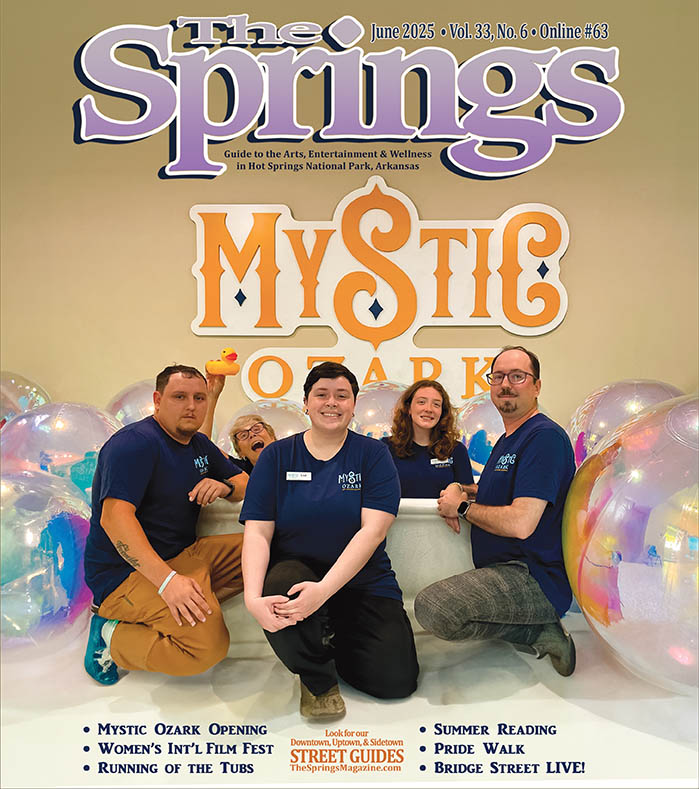Hibiscus blooms – while rich in acid, antioxidants, and pectin, the calyxes are also used for preserves and relishes.
By Debbie Trip
Who doesn’t love hibiscus with over 200 species, both tropical and hardy? Let’s focus on the wonderful heirloom tea type, Hibiscus Sabdariffa, or Roselle. When you see the plant and its blooms, it is obvious that it is related to Rose of Sharon (hibiscus syriacus) and Okra (hibiscus esculentus) among others.
It can be grown in the ground or in containers, needing at least 5 hours of sun and well-drained soil. It has been my experience NOT to attempt to start seeds early. They germinate so quickly in warm soil – this year in 3 days when I direct-planted them in early June – and grow better overall.
Grown mainly for its deep red calyxes that are used either fresh or dried in a mild cranberry-tasting tea, the flowers and leaves are also edible. After the blooms fade, the calyxes will plump up and set seeds. This is the perfect time to harvest before they get woody. Don’t forget to leave some on the plant to fully ripen and save seeds for next year as Roselle is a tropical.
Because they are rich in acid, antioxidants, and pectin, the calyxes are also used for preserves and relishes. It’s also the major ingredient of the popular tea known as “Red Zinger.” Roselle is loaded with Vitamin C and is a natural diuretic, which helps with weight loss, boosting your immune system, and lowering blood pressure. There are currently several studies to that effect and I can anecdotally vouch for it.
To make this, as most herbal teas, follow these simple instructions.
Per cup: put 4-5 fresh or dried hibiscus calyxes in a deep mug. (I also add lemongrass.) Pour boiling water over and cover, then steep for 2-3 minutes at least. Sweeten with honey when slightly cooled.
Advanced Garland County Master Gardener, Debbie Tripp, volunteers with GC Master Gardeners of the UofA Div. of Agriculture, Cooperative Ext. Service. Master Gardeners pool skills and resources to improve home horticulture, stimulate interest in plants and gardening, and encourage beautification. For more information, call 501-623-6841 or email adykes@uaex.edu. The University of Arkansas System Division of Agriculture is an equal opportunity/equal access/affirmative action institution.









